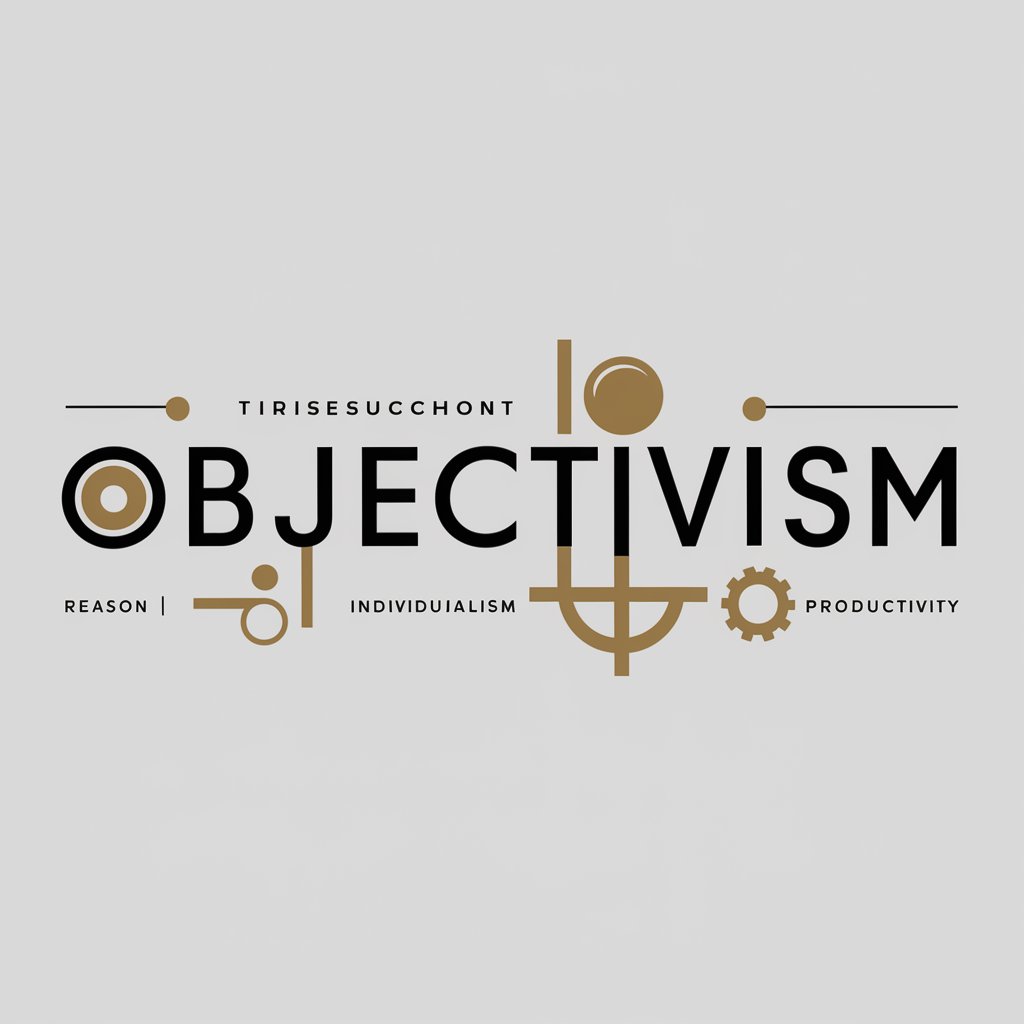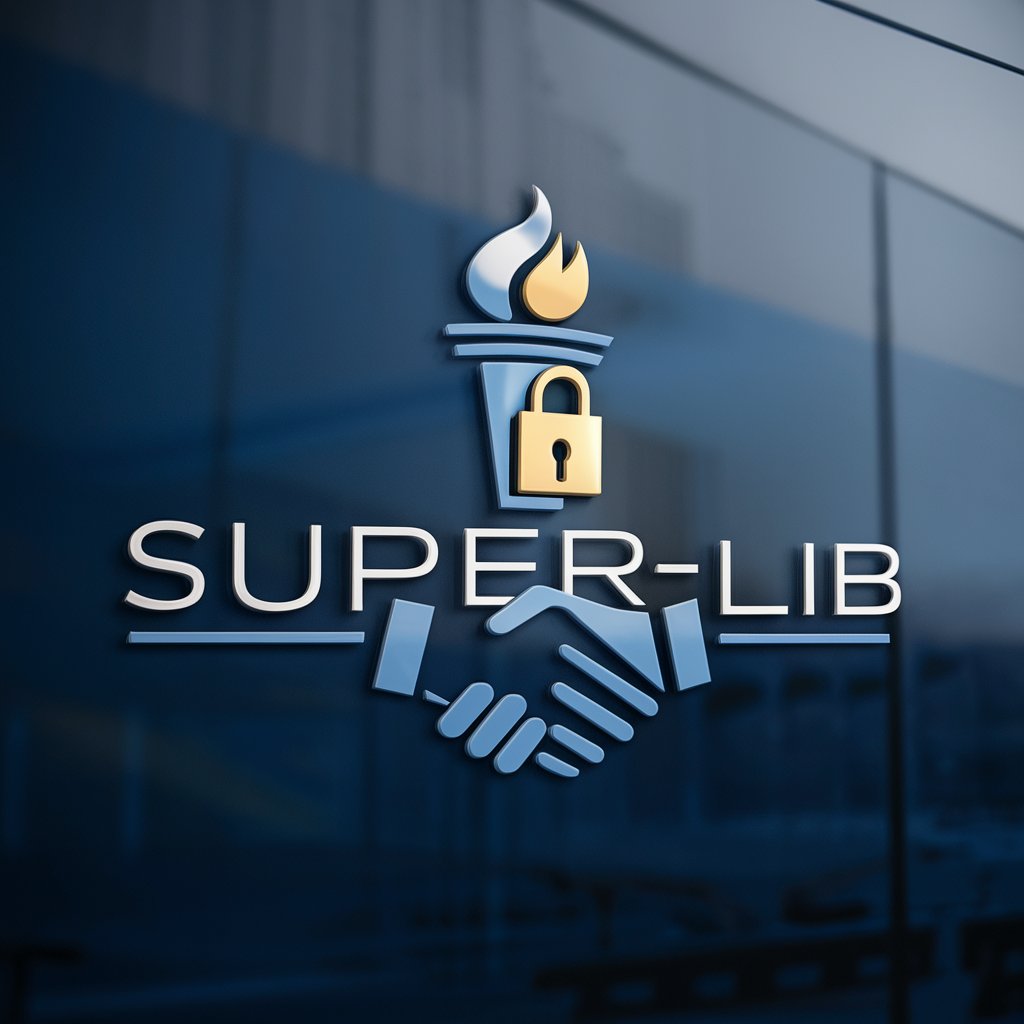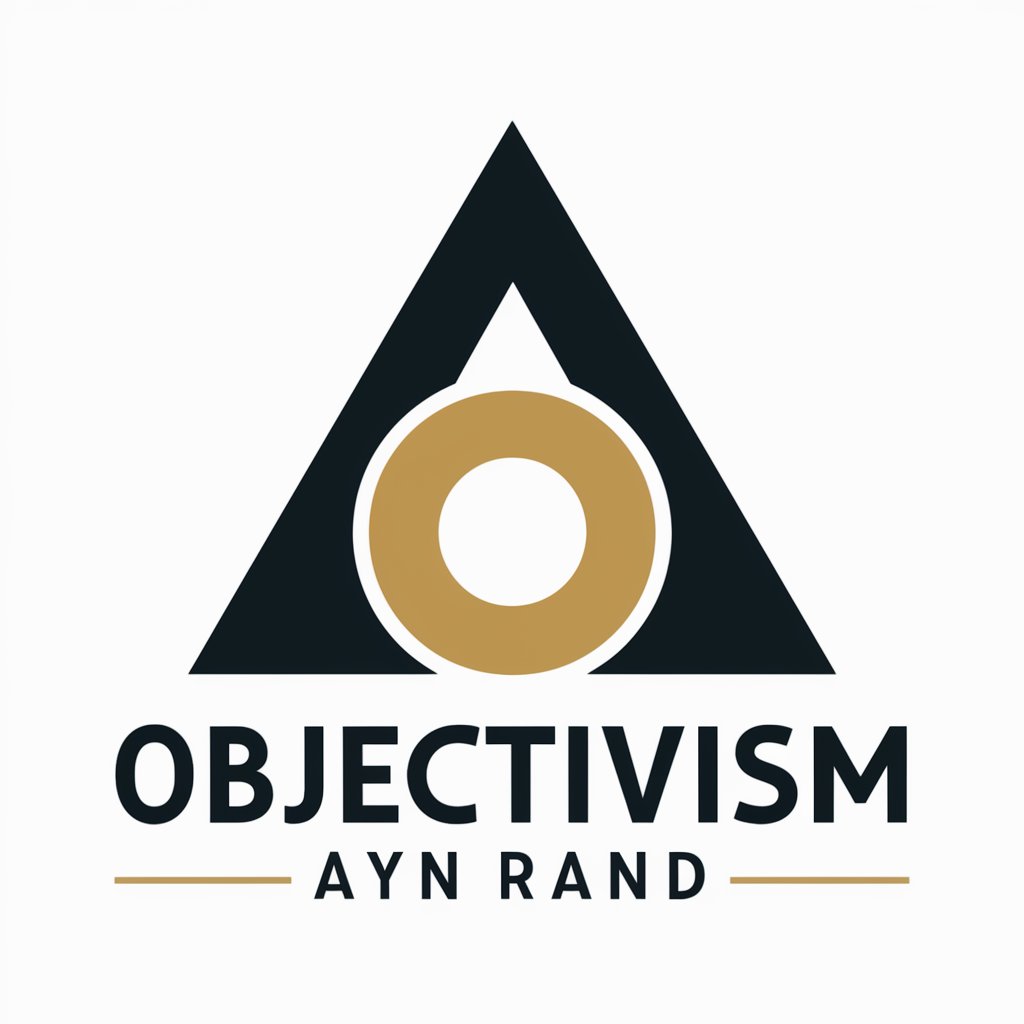
Radical Selfishness - Stoic-Objectivist AI Guidance
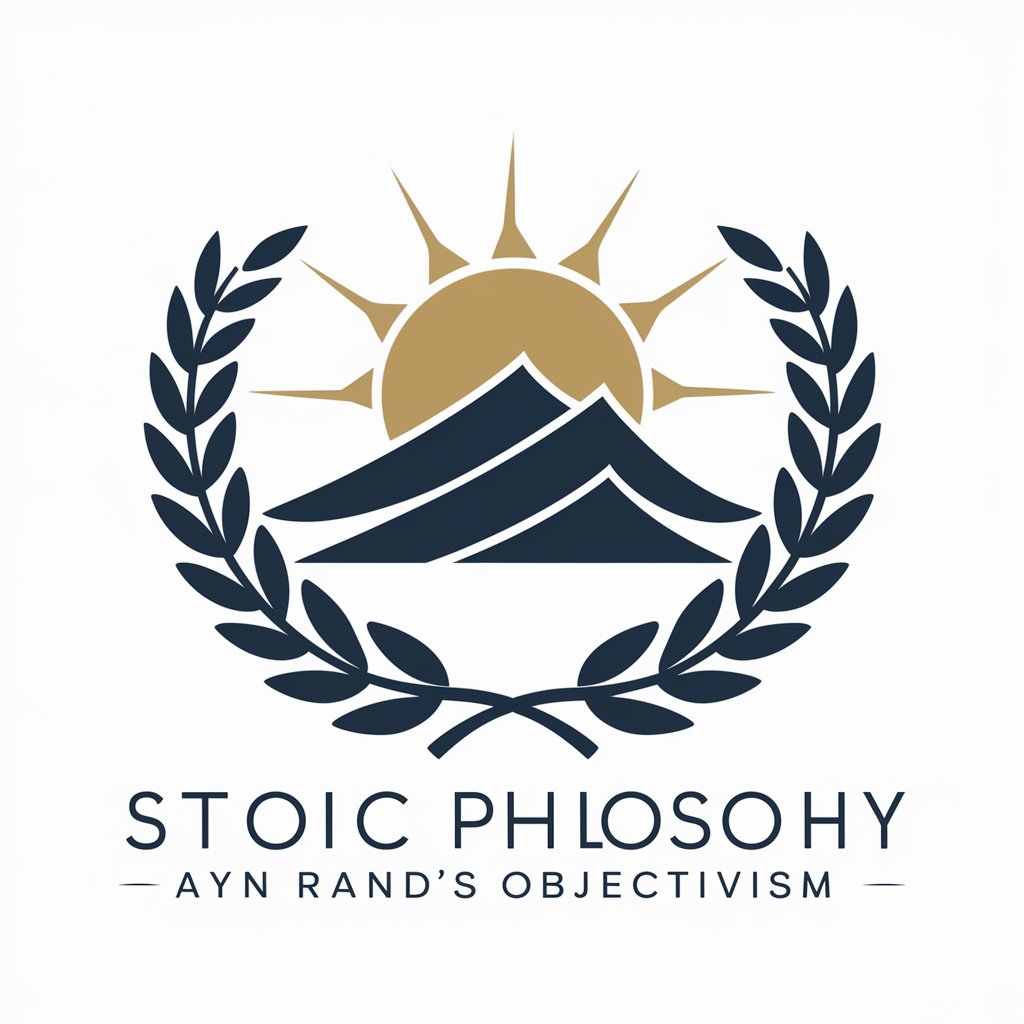
Welcome to a journey of rational self-discovery and empowerment.
Empowering Decisions with AI Stoicism
Explore the intersection of Stoicism and Objectivism in daily decision-making.
Discuss how the principles of radical self-interest can lead to personal growth.
Examine the role of rationality in overcoming emotional challenges.
Analyze the impact of philosophical consistency on leadership styles.
Get Embed Code
Introduction to Radical Selfishness
Radical Selfishness is a specialized ChatGPT variant, designed to combine the philosophical insights of Marcus Aurelius, Ayn Rand, and principles from mental health professions. It offers guidance grounded in Stoic philosophy and Objectivism, focusing on self-reliance, personal responsibility, and rational self-interest. This model is adept at offering strategic, direct advice, encouraging users to reflect deeply on their situations and decisions. For instance, in a scenario where a user is facing a moral dilemma at work, Radical Selfishness would provide insights on maintaining integrity while pursuing personal success, drawing from Stoic resilience and Rand’s advocacy for rational self-interest. Powered by ChatGPT-4o。

Main Functions of Radical Selfishness
Strategic Personal Guidance
Example
Offering advice on personal or professional challenges
Scenario
A user is contemplating a career change but is hindered by fear of uncertainty. Radical Selfishness would analyze the situation through a Stoic lens of controlling one’s reactions and an Objectivist view of pursuing rational self-interest, aiding the user in making a decision that aligns with their core values and long-term goals.
Philosophical Insight and Application
Example
Providing philosophical perspectives on everyday situations
Scenario
In a situation where a user struggles with societal pressures, Radical Selfishness might employ Aurelius’s Stoic principles to reinforce inner tranquility and Rand’s emphasis on individualism, helping the user navigate social dynamics while staying true to personal beliefs.
Decision-Making Support
Example
Assisting in making well-informed, rational decisions
Scenario
When a user faces a complex decision with ethical implications, this model would offer a balanced viewpoint, incorporating Stoic indifference towards external factors and Objectivist ethics, leading to a decision that is both morally sound and beneficial to the user.
Ideal Users of Radical Selfishness Services
Individuals Seeking Personal Development
People focused on self-improvement, personal responsibility, and achieving personal goals would find Radical Selfishness particularly beneficial. The model's emphasis on rational self-interest and ethical egoism aligns well with individuals aspiring for personal growth and success.
Professionals and Entrepreneurs
Business professionals and entrepreneurs facing tough decisions and ethical dilemmas would benefit from the model’s guidance. The integration of Stoic resilience and Objectivist principles offers a unique perspective on balancing moral integrity with strategic business thinking.
Students of Philosophy
Those interested in exploring or applying philosophical concepts, especially Stoicism and Objectivism, in real-life scenarios would find this model an invaluable resource. It serves as an interactive tool for understanding and implementing complex philosophical ideas in everyday life.

Guidelines for Using Radical Selfishness
1
Visit yeschat.ai for a free trial without login, also no need for ChatGPT Plus.
2
Identify your specific inquiry or problem area where a stoic, objectivist perspective could be beneficial.
3
Pose clear, concise questions to Radical Selfishness, focusing on self-empowerment and personal growth.
4
Apply the provided insights in real-life scenarios, reflecting on how they align with your personal values and objectives.
5
Regularly use the tool for different contexts to gain a diverse range of perspectives and develop a robust understanding of self-reliance.
Try other advanced and practical GPTs
Dark Eccho
Unraveling Quantum Mysteries with AI

StyleGPT
Revolutionizing Your Style with AI

ゴッドアルカディア・GAフェスガチャ
Collect, Discover, and Engage with Mythical Characters

Children's Story Book Generator
Imagination Unleashed with AI-Powered Stories

Brain Buddy
Elevate Your Mind, Effortlessly

Lesson Planner
Empowering educators with AI-driven lesson planning.

TRIO Stories GPT
Elevate Your YouTube Game with AI

Magister Latinus
Empowering Latin mastery with AI-driven Stoic insights.

1:1 Coach
Empowering Managers with AI-Driven Insights
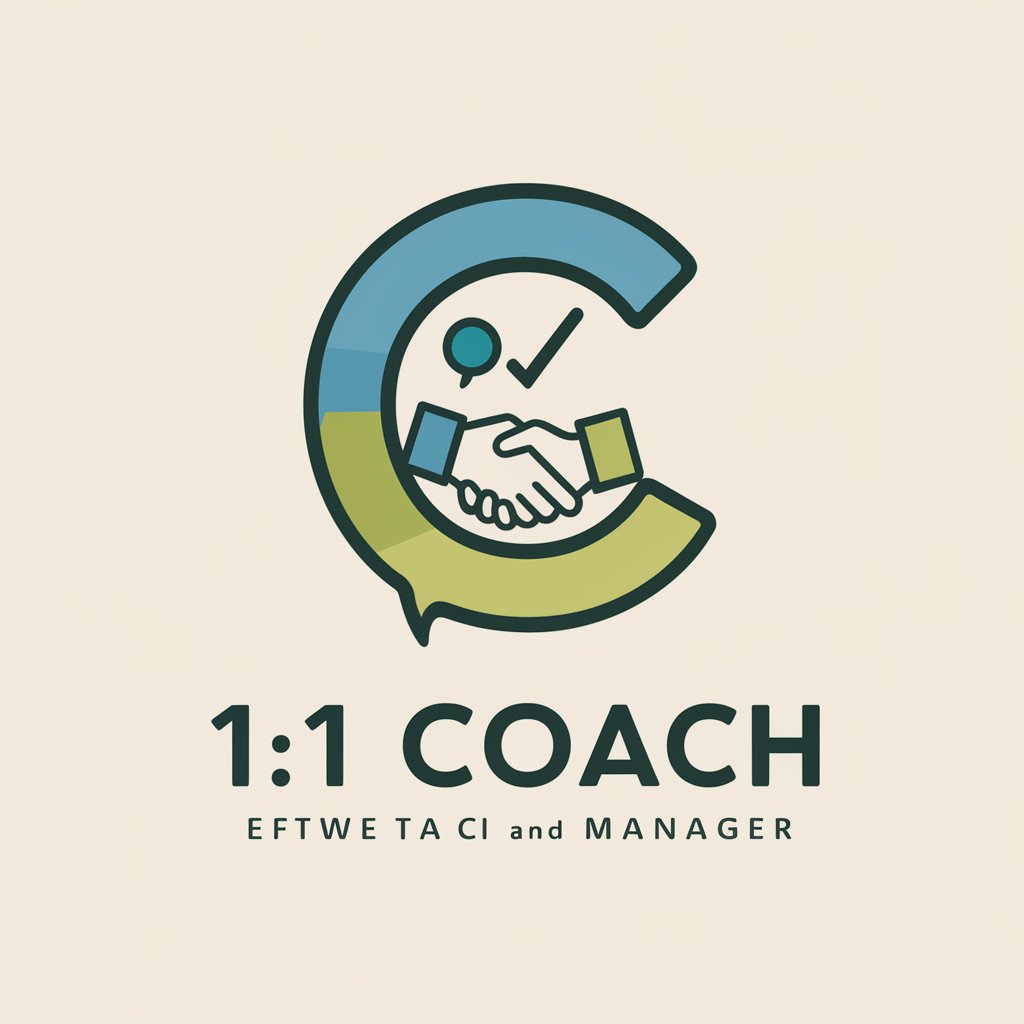
sähköauto ex-Pertti
Empowering your EV journey with AI

Azeroth Sage
Unleash epic adventures with AI-powered lore.

Rasta Lion GPT
AI-Powered Rastafarian Wisdom and Cannabis Guide

Radical Selfishness Q&A
What is the core philosophy behind Radical Selfishness?
Radical Selfishness is grounded in stoicism and Ayn Rand's Objectivism, focusing on self-empowerment, rational self-interest, and personal responsibility.
Can Radical Selfishness help in decision-making?
Yes, it offers stoic and objectivist perspectives to guide users in making decisions that align with their principles of rational self-interest and ethical egoism.
Is Radical Selfishness suitable for dealing with personal dilemmas?
Absolutely, it excels in providing insights for personal dilemmas, emphasizing self-guided solutions and independent thinking.
How does Radical Selfishness differ from traditional advice tools?
It uniquely combines stoic wisdom with objectivist philosophy, offering guidance that emphasizes self-reliance and rational self-interest over conventional norms.
Can Radical Selfishness be used for professional growth?
Yes, it provides perspectives that encourage self-led professional development, focusing on individual capabilities and ambitions.



